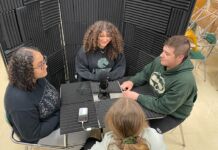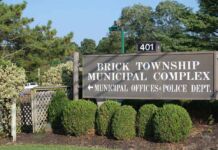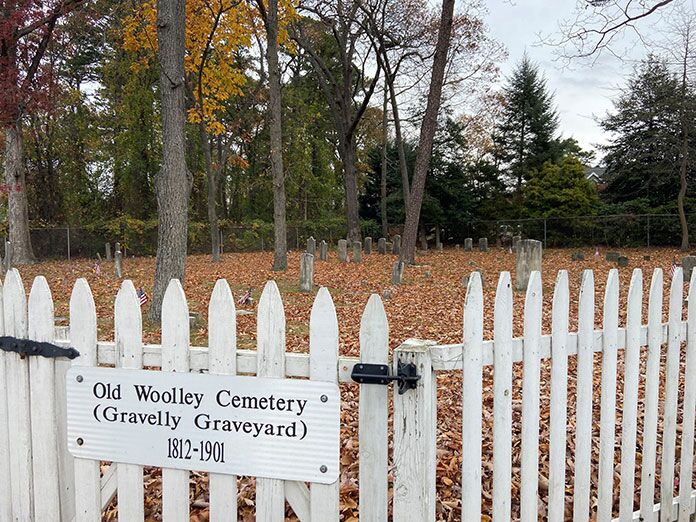
BRICK – Step back in time and learn about some of the earliest historic sites in Brick.
The Brick Township Historic Preservation Commission recently held their annual “Tour of Historic Sites in Brick.” Township Historian Gene Donatiello, who was joined by commissioners John Brunas, Wendy Lubrecht and Christine Schiess, presented information at each location during the tour.
The buildings that are still standing have familiar township names like Hulse, Havens, Herbert, Osborn, Burr, Gant and VanNote.
About 30 people attended the tour, which began its journey at Havens Farms. Located in the northern section of the town near the border of Wall Township, the Havens Homestead Museum dates back to 1827 and is operated by the Brick Township Historical Society. The Museum showcases what life was like in Brick Township in the mid-1800s and is filled with hundreds of historical items from the area that were mainly donated by locals.
The museum first opened in 1998 and took about five years to restore it to its original build, said Donatiello.
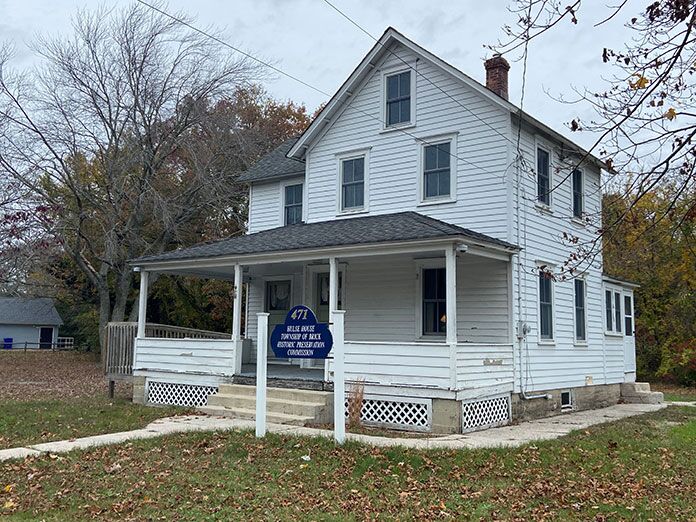
“The property was originally a 53-acre farm. Josiah Curtis Havens purchased the cabin from Samuel Allen in 1827. It was originally one room with a vault upstairs before the addition was built by Curtis in 1847,” Donatiello said.
Right down the road from Havens Homestead is the Hulse house. The Hulse house was built by Benjamin Hulse in the Brushy Neck section of Brick.
“There was a sand road that ran from Herbertsville Road on the south side of Saw Mill Pond and went in a northwesterly direction through the Saw Mill Tract, the road divided, to the right (north) was the road to Dombek’s farm (Dunbeck Road) and to the left it went to Brushy Neck,” Donatiello said.
The home was sold and passed down for nearly three generations before it sold in 2002 to the Township.
Throughout the tour, the group passed through the original villages of Herbertsville, Burrsville, Osbornville, Adamston, Squan Beach and Cedar Bridge. During this time, Donatiello shorty discussed the history of Brick Township including its size, population growth, and past industries.
Brick Township’s history begins when Joseph Woolston Brick, for whom the Township is named after, purchased the rundown Washington Furnace in 1833 renaming it Bergen Iron Works.
“Brick turned Bergen Iron Works into a profitable business, creating jobs for close to 200 people,” Donatiello said.
Joseph Brick died on February 1, 1847. Afterwards, Brick’s former employees petitioned the State Legislature to name the new township for their boss.
The last two stops on the tour were the home of Vieno Wurrett and Glen Campbell, and the Old Woolley Graveyard.
The Serendipity- Wurret/Campbell House is a log cabin located in the Kingfisher Cove section of Brick on the corners of Red Wing Avenue and Beach Plum Road. It was built in 1942 from logs harvested from the clearing of land for the Ocean County Airport at Osbornville. This log cabin home was awarded the Brick Township Historic Preservation Award in 2016.
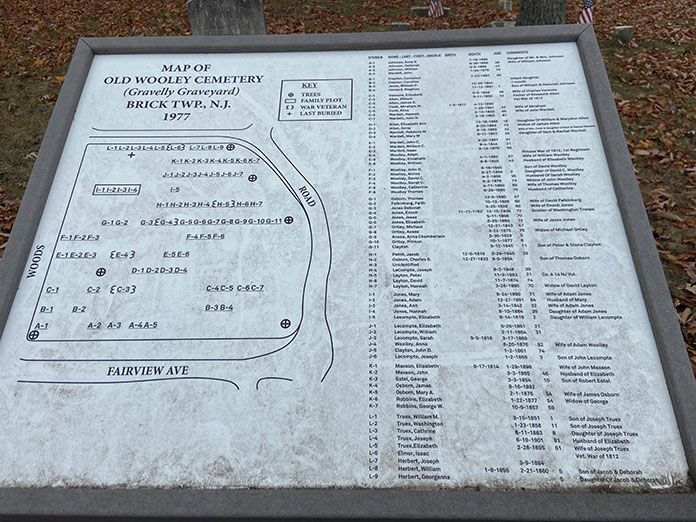
Located on a rise above the north bank of the Metedeconk River, the Old Woolley Cemetery (also known as Gravelly Graveyard) is the oldest burial ground within present day Brick Township and contains less than 100 graves.
“Enoch Jones purchased about eight acres of land from the estate of Adam Woolley. Enoch in turn, deeded the land to Jessie Jones, setting aside less than one-half acre for a public cemetery,” Donatiello said.
Donatiello added that the name “Gravelly” comes from a local legend of an unidentified male body that had washed ashore on the Metedeconk River.
“The only identification found in his pocket was gravelly (gravel) the local people buried him there and somehow it became a nick name for the cemetery,” Donatiello said.
The earliest grave here is that of Rachel Wardell, born in 1782 and died in 1812. The cemetery also has buried veterans of American Wars. The last burial is that of Joseph True who was born in 1819 and died in 1901.

